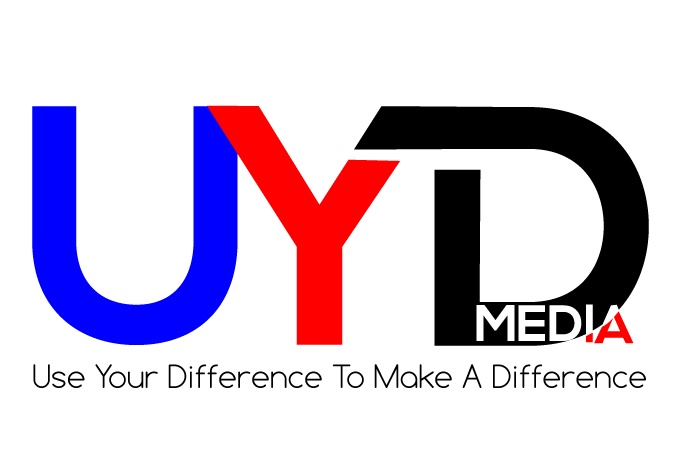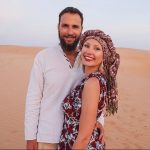My mother always likes to tell her friends about my first few days at school.
When I was 5 years old, I started school in the Lycee Francais in Moscow, Russia. My family had already been living there for three years, and they had finally managed to secure me a place in time for 1st grade (or CP in the French system). The school was affiliated with the French embassy, and even though we had Belgian passports, I had been on a waiting list for a couple of years.
The endearing anecdote my mother likes to tell, pertains to my inability to distinguish skin colour at that age. You see, my best friend from day one was Nadine from Burkina Faso and when I was asked about my black friend in conversation, I had no idea who the adults were asking about.
This innocence was soon gone as a few years later we moved to the US, and with learning English came a whole new vocabulary and consciousness about privilege and difference. We were the only non-English speakers in this small public elementary school and it was also at this time that I realised that: not everyone owned a passport, not everyone was learning a fourth language at the age of 9, not everyone knew were Russia, Belgium or Poland were on a map but everyone knew that ‘being cool’ meant wearing the right kind of clothes, watching PG 13 movies and having the right kind of friends.
My feelings of growing up in an expat nomadic family were often torn between gratitude (for the opportunities given to my younger sisters and I) and guilt (as well as helplessness regarding those who were less fortunate around us). It became increasingly difficult to tread this thin line. This was partly because my parents were not your typical expats parents and did not believe in living in the ‘expat bubble’ – my father had a difficult upbringing, and taught us that you have to work hard for anything in life. My mother came from a family history of social workers and doctors and when she was not working, she was supporting migrants, making friends with locals, housing Muslim study abroad students over Christmas, etc… I often dreaded questions on where I went to school, where I was from, what my parents did for a living etc.
I soon found out what it was like to feel on the minority side of the spectrum. After two years in friendly Minnesota, we moved to Germany. My parents were happy to be back in Europe and closer to their roots. I, on the other hand did not have the same feelings as I soon realised that being half Polish was a social disadvantage. I won’t go into the details of how I was bullied because of this, as it still brings up painful memories. Through those experiences I developed a protection mechanism called denial, or more specifically denying my roots. It worked well for four years until the day my dad came in and announced that we were moving to Poland… my worse day ever.
Looking back, I now see how those early childhood experiences helped shaped my emotional memory of what it’s like to feel ‘on the outside’, in the out group. The empathy coupled with my feelings of guilt shaped my career choices and I wanted to work with those who did not have the same life chances. However, after completing my Masters, and working in a European aid development institution and then a NGO in Peru, I realised that my idea of working with underprivileged groups was far from reality and I couldn’t reconcile the practices and discourse of the time with my values. I also felt like I didn’t have much to offer being only 23.
I still wanted to ‘help’ others develop love and sensitivity for other cultures and so began my journey in the intercultural field.
Looking back, the intercultural field was never completely new to me as whilst in Poland as a teenager, my mother started a degree in Multicultural Psychology, and was doing research on her thesis at our school. It was on how priming affects patriotism. I became interested in the subject given that I was helping her translate some of the research questions, and that’s when I first encountered the theory. My second encounter was when the company arranged a cultural awareness training session for us, as the family was moving to another city in Poland – that’s when I first experienced a training session. My third encounter was at university – I applied to be a part of the first Cultural Academy to help leverage multiculturalism on campus. Then during my Masters I had an internship in a culture and communications consultancy and whilst in Peru, I helped deliver cultural training for students coming in for long term projects. Today I work for an intercultural communications and training consultancy which operates globally, and although we mainly work with multinational companies, I still get to feel like I am doing my bit for the world to improve communication between people and foster more sensitivity and understanding of other’s values. In the future, I hope to incorporate more mindfulness and ecopsychology approaches in programme design so that the ‘out’ groups such as migrants and refugees are understood and welcomed in.





